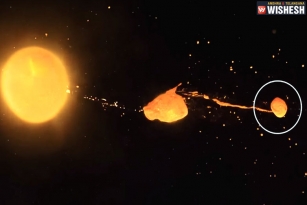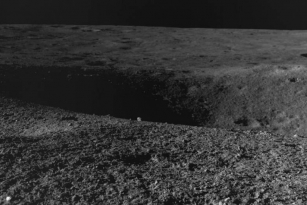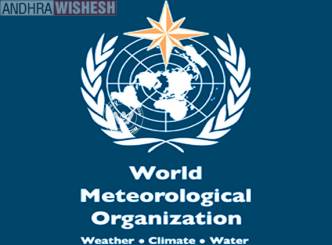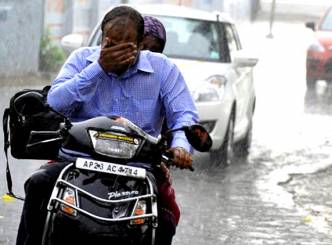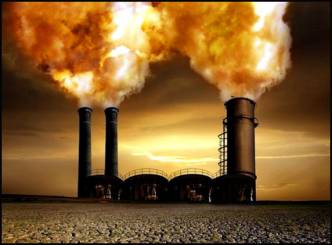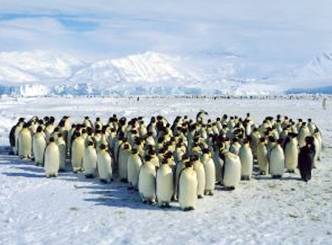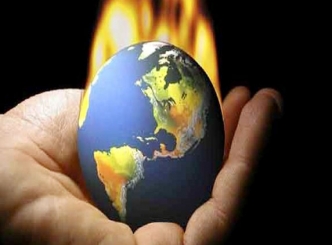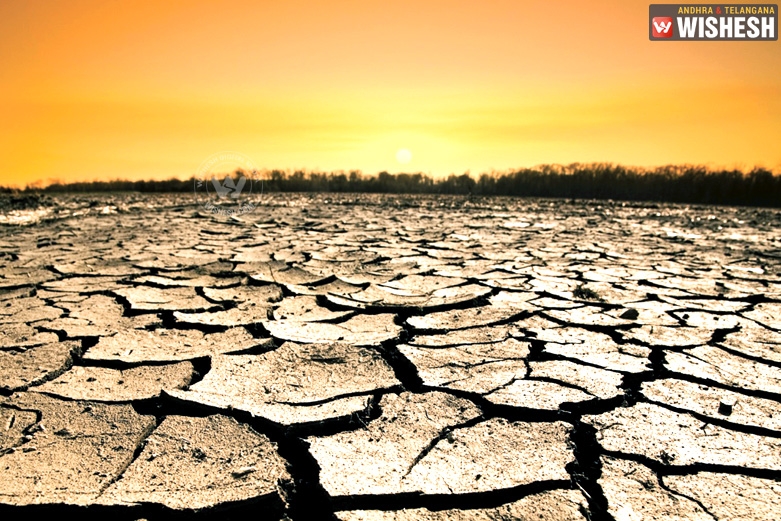
The scientists say that, “if mankind fails to curtail the global warming, we will have to deal with fallout ranging from massive refugee crises and submerged cities to scorching heatwaves and drought.
Recently, 195 nations are huddled in Paris to negotiate a climate rescue pact to rein in the greenhouse gases that drive climate change. The below are the consequences, if these people do nothing regarding the global warming.
Change in the temperatures
Compared to the pre-industrial levels, without any additional action, the earth is on track to heat up by about 4 degrees Celsius (7.2 degrees Fahrenheit) by the end of the century.
The scientific evidence suggests that, this would be a recipe for the disaster. The UN Intergovernmental Panel on Climate Change (IPCC) says, "business as usual" emissions scenario would "lead to a very high risk of severe, widespread and irreversible" impacts.
Rising seas
The oceans in the world would rise to 26-82 cms (10-32 inches) by 2100.
Greenland and Antarctica ice sheets are shedding faster than ever, melting glaciers, and oceans, that expand as they warm.
Even a 2 C rise as targeted by the UN would submerge land currently occupied by 280 million people, according to Climate Central, a US-based research group. The change could take a few hundred years, or up to 2,000 years.
Weather conditions
Due to the global warming, super storms and intense heat waves become very common and extreme.
The recent studies proved that, the climate change would be an aggravating factor for deadly floods, snowstorms, typhoons and heat waves.
However, the scientists even say that, all the heat waves cannot be chalked up to the climate change.
Water plays hide and seek
It is not new to know that, global warming has all the chances to lead to the long-running droughts and devastating floods, which means some parts of the world has water scarcity and some do not.
Humanitarian crises
Finally, above all, the more important thing is, the global warming can cause diseases, spoilt the crops and increase the poverty. The conflict over water or smaller harvests, could instigate war or mass migration.
Especially, the people living on the low-lying islands such as the Maldives, an archipelago in the Indian Ocean, or the Philippines could become climate refugees, forced to leave their homes, anticipating the rising seas.
By Phani Ch



